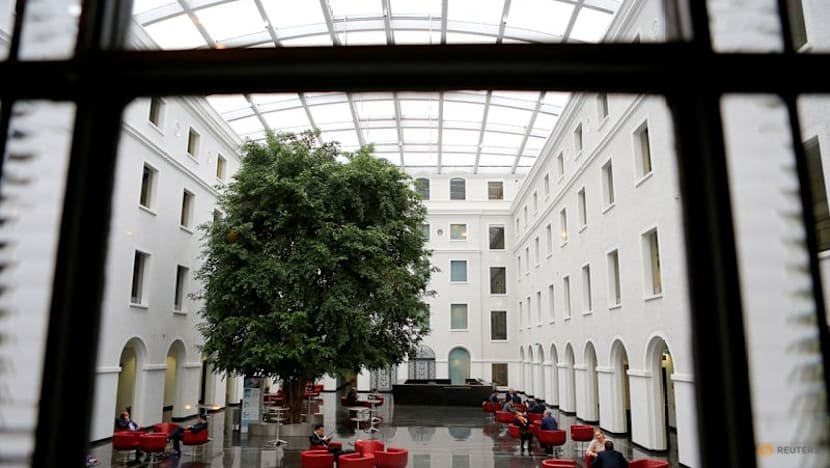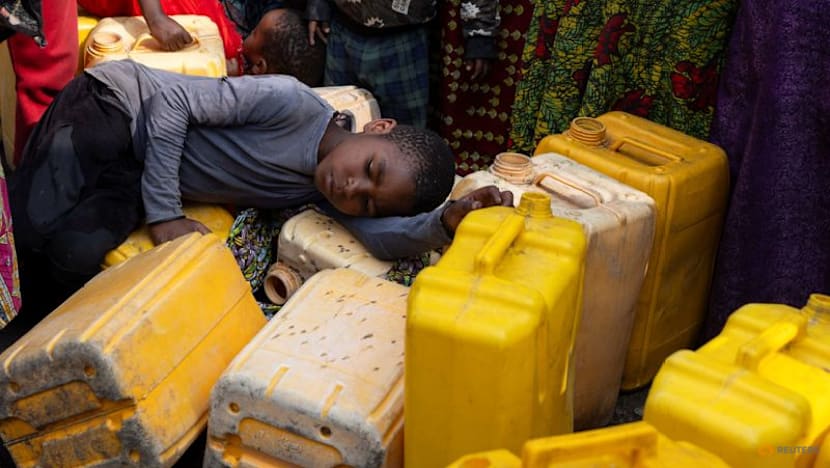Tariffs cause ‘unprecedented’ disruption to global trade rules, WTO chief says
The WTO chief calls it the biggest disruption to the international trading system since World War II.

GENEVA: The share of global trade conducted on World Trade Organization (WTO) terms has fallen to 72 per cent, the WTO chief said on Tuesday (Sep 2), calling it the biggest disruption to the international trading system since World War II.
Since US President Donald Trump imposed sweeping import tariffs this year, the share of trade carried out under the WTO’s “Most Favoured Nation” principle – which requires members to treat each other equally – has slipped from about 80 per cent, WTO data showed.
“We’re experiencing the largest disruption to global trade rules, unprecedented in the past 80 years,” Director-General Ngozi Okonjo-Iweala told Reuters in Geneva at the start of her second term.
TARIFF EFFECTS COULD INTENSIFY IN 2026
Okonjo-Iweala said the immediate impact of tariffs was muted because companies had stockpiled goods earlier this year, but warned the effect could become clearer in 2026 once inventories are depleted.
The WTO in August raised its 2025 global trade growth forecast to 0.9 per cent, up from 0.2 per cent. “Possibly down the line, we’ll begin to see other impacts … but we’ll see next year,” she said.

US FUNDING CUTS
Okonjo-Iweala voiced concern over Trump administration plans to cut US$29 million in funding for the WTO, which relies on member contributions for its budget. Washington historically covers about 11 per cent of its annual US$232 million budget.
“The announcement is concerning … but we’re working with the US Trade Representative,” she said.
WTO reform remains a top priority, she said, adding that China had shown some openness to addressing industrial subsidies. “There’s an opening on the part of many members, including China,” she noted.
Okonjo-Iweala also confirmed the imminent entry into force of a landmark deal to cut state subsidies for fisheries, which would be the WTO’s first global agreement since 2017. “We are three members away from ratification and I already have those three,” she said, predicting implementation within weeks.












